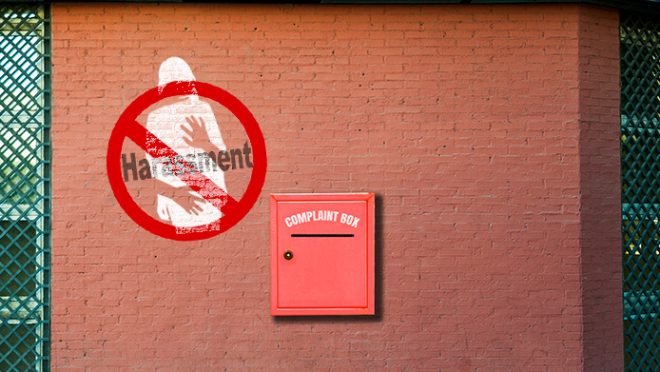Sexual violence on campus: Are universities equipped to handle the crisis?
Sexual violence on campus: Are universities equipped to handle the crisis?

Universities are meant to be sanctuaries – safe havens where young minds can grow, learn and pursue their dreams. But a harrowing reality is unfolding across Bangladesh, where countless lives were destroyed by sexual violence on campuses.
The soul-crushing case of Fairuz Abontika stands as a haunting indictment of the profound betrayal victims so often face. In her searing suicide note, this young woman laid bare the anguish of being threatened not just by her harasser, but by the very proctor tasked with her protection at Jagannath University. “I complained to the proctor’s office but to no avail, as the proctor himself started threatening me,” she wrote in a cry of desperation. Kazi Farjana Mim, another student, recounted her own nightmare of enduring relentless persecution simply for filing a complaint against her abuser: “Those I filed a complaint against visited my village home, pressuring my sick parents to convince me to withdraw it.”
While the last few years have seen reports of sexual assault finally being dragged from the shadows, a stark and devastating truth remains – the vast majority still suffer in silence. A recent study by Dr Abdul Alim revealed the staggering statistic that 90% of female students who experienced harassment did not report it.
Trapped by fears ranging from academic repercussions to the harsh glare of social stigma, their voices were tragically stifled. This deafening silence not only empowers perpetrators but strips countless survivors of their dignity, confidence and justice.
With an intention to prevent sexual violence and ensure justice the High Court in 2009 ordered all universities to form sexual harassment prevention committees. According to data provided by the University Grants Commission (UGC), just 97 and 45 of the country’s 114 private and 55 public universities have established sexual harassment prevention committees.
However, these committees are often inactive and can seldom handle sexual violence related incidents properly.
This systemic negligence has enabled a pernicious culture of silence, fear and injustice to proliferate unchecked.
Most institutions deploy a dangerously narrow legalistic approach, treating each case as an isolated incident rather than a horrific symptom of deeply-rooted discrimination and power imbalances. Punitive half-measures like temporary suspensions or delayed promotions for staff fail to ensure true accountability or address the systemic roots.
As professor Fauzia Moslem poignantly stated, “Simply not promoting a teacher for three years, cancelling their increment, or removing them from classes for two years does not constitute adequate punishment. Without exemplary punishment, people will not be deterred.”
What Bangladesh so desperately needs is nothing less than a seismic cultural transformation spearheaded by empowered female leadership and muscular structural reforms to finally confront the poisonous reality of institutionalised sexism. Universities can no longer pay empty lip service to this crisis with token gestures of legal compliance.
They must foster an environment of uncompromising transparency, true accountability and zero-tolerance for sexual misconduct in all its insidious forms.
Reporting mechanisms need to be overhauled and fortified to instil ironclad confidence in survivors – ensuring their privacy is inviolable and their voices are truly heard. No longer can the path to justice be subverted by bureaucratic inertia, breaches of confidentiality or the corrosive influence of the powerful and connected. As one student who ultimately obtained justice after a two-year ordeal warned, “I am concerned the teacher may try to reverse the decision through legal means.”
Widespread awareness campaigns are utterly vital to shatter the oppressive silence surrounding sexual assault and empower students to recognise, reject and report unacceptable behaviour. Universities have a profound moral and ethical obligation to cultivate a climate where the inviolable principles of consent, respect and bodily autonomy are enshrined.
Bangladesh’s brightest young minds deserve to learn and thrive in an environment utterly untainted by the omnipresent threat of sexual violence. It is a national imperative of the highest order that our institutions of higher learning take comprehensive and decisive action to uproot this scourge once and for all – restoring the sanctity of these pillars of knowledge, empowerment and human dignity.


